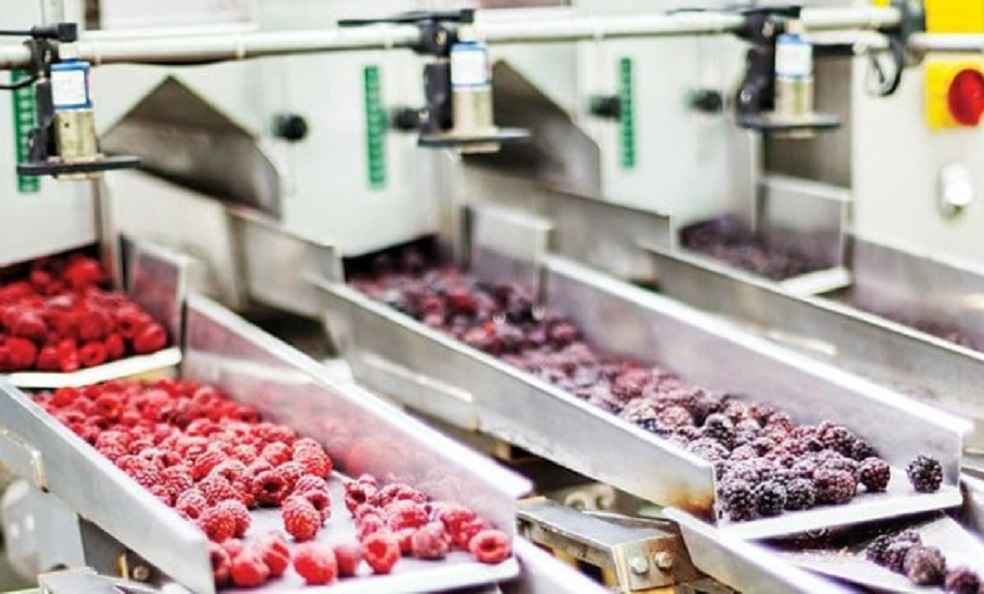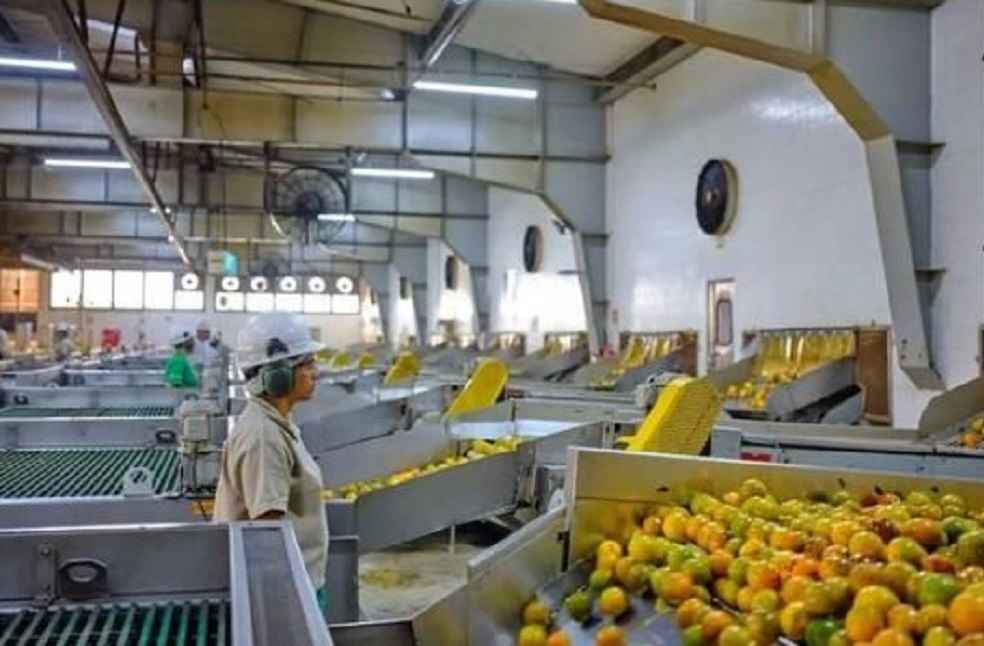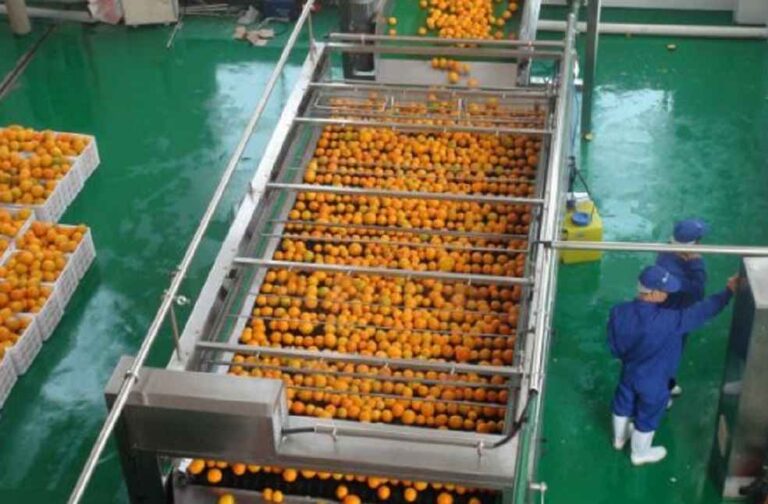South Korea at the forefront, showcasing a pronounced inclination towards frozen fruit consumption. The year 2023 set a new benchmark with imports soaring to 64,000 tons, reflecting a 6 percent escalation from the preceding annum. This surge is primarily a response to the prohibitive costs of locally sourced fruits, propelling consumers towards more economically feasible frozen alternatives. Frozen blueberries have captivated 30 percent of the consumer base, with mangoes not far behind at 22 percent, highlighting a transformative phase within the global food market.
Economic Constraints and Dietary Evolution
Escalating fresh produce prices exert significant pressure on Korean households, necessitating a reevaluation of dietary selections and shopping habits. This economic burden, juxtaposed with a relentless pursuit of health and nutrition, positions frozen fruits as a staple in the Korean diet. This adaptation mirrors a broader narrative where convenience, cost-effectiveness, and nutritional value merge, signifying a pivotal shift in the global food market landscape.

Australia’s Enhancements for Food Safety
Responding to the changing dynamics of global food imports and exports, Australia, in 2023, unveiled stringent import protocols for frozen fruits and vegetables. Spearheaded by the Department of Agriculture Fisheries and Forestry, this strategic pivot focuses on advanced biosecurity and food safety standards, underlining the imperative for detailed documentation and adherence to packaging and cleanliness guidelines. Australia’s initiative to bolster the safety, quality, and biosecurity of imported food products echoes a global commitment to public health and safety.
Sustainability, Safety, and Economic Feasibility
The preference for frozen fruits in South Korea, combined with Australia’s revised import policies, signals a global trend towards sustainability, safety, and economic feasibility in the food market. These developments, resonating beyond their immediate spheres, underscore the complex interplay between climate change, economic shifts, and consumer preferences reshaping the international food trade landscape.

Vision of a Changing World
The 2023 spike in South Korea’s frozen fruit imports, propelled by economic and dietary factors, alongside Australia’s policy renovation, symbolizes a broader global transition towards superior food safety, quality, and biosecurity standards. These concurrent shifts illuminate a future where economic challenges, policy innovations, and dietary evolutions coalesce, molding the trajectory of global food consumption and trade.
DON’T MISS IT | UAE Sets Global Trade Record with Dh3.5 Trillion Amid Economic Downturn



